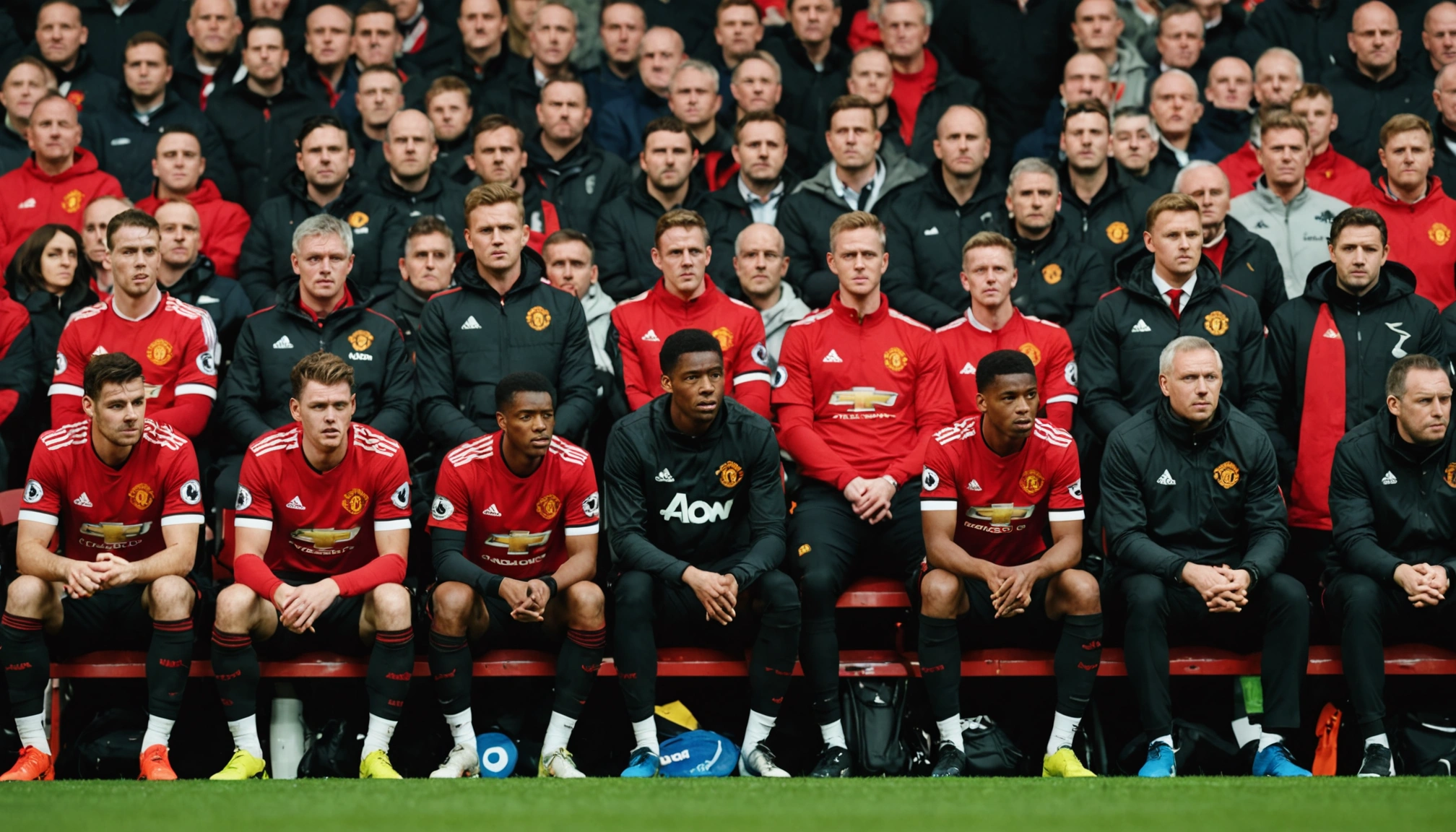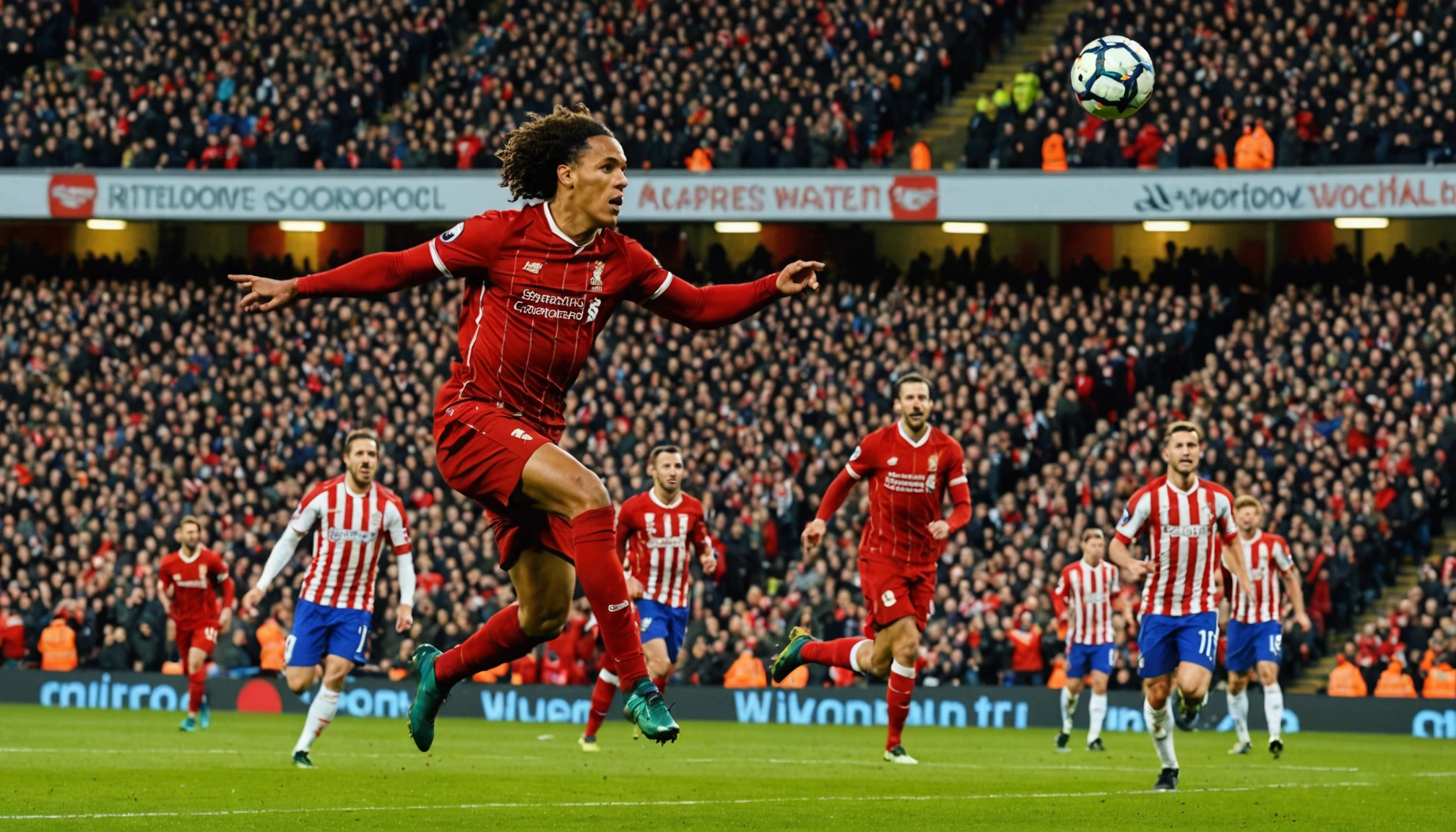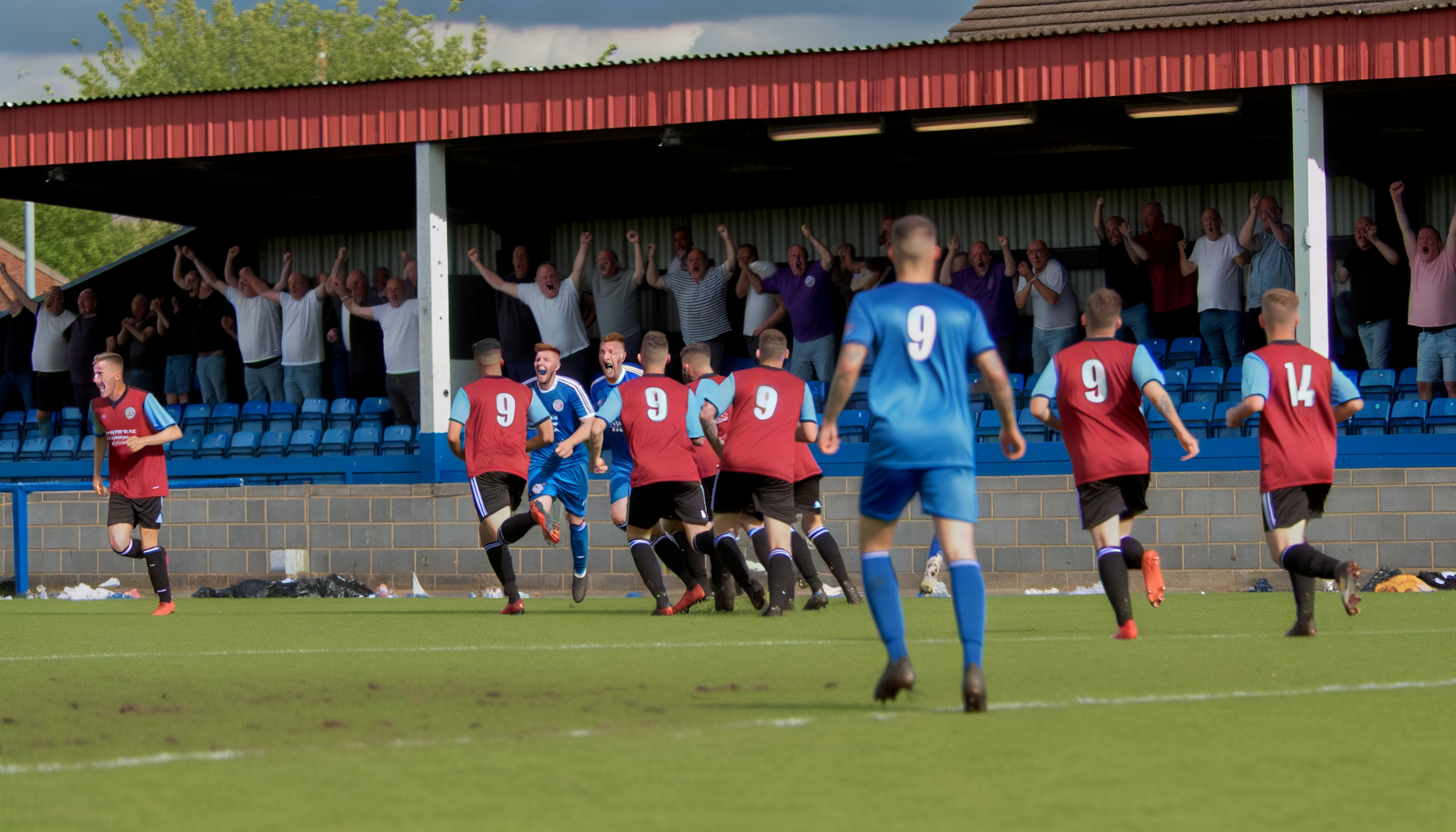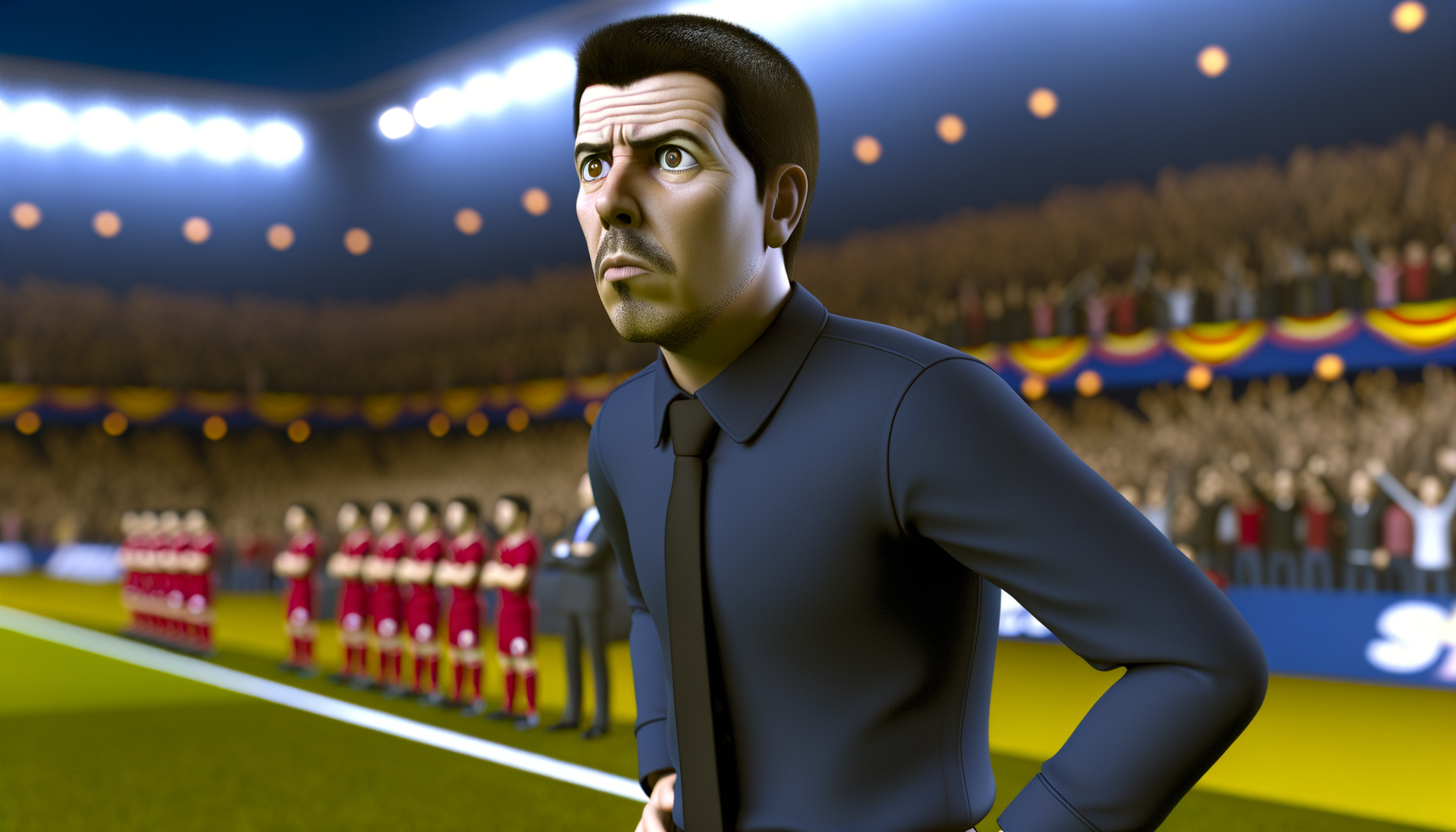Wayne Rooney Critiques Manchester United’s Decline Under Ruben Amorim
Former captain Wayne Rooney claims Manchester United have regressed since Ruben Amorim’s appointment, highlighting tactical issues and poor Premier League form.

By Editorial
Introduction To Manchester United’s Challenging Period
Manchester United’s recent struggles have sparked intense debate among fans and pundits alike. Since Ruben Amorim took over as manager in November 2024, hopes were high that the Portuguese coach would revitalise the club and restore its former glory. However, former United captain and record goalscorer Wayne Rooney has publicly stated that the team has actually "got worse" under Amorim’s stewardship.
Despite spending around £250 million on new signings and implementing a new 3-4-3 tactical system, the club's performances have failed to improve, leaving supporters frustrated and concerned about the future.
Rooney’s Assessment Of Amorim’s Impact
Speaking on The Wayne Rooney Show, Rooney expressed his disappointment, emphasising the lack of visible progress. He noted the team's poor display in the recent 3-0 derby defeat to Manchester City, where many United fans left the stadium early, a sign of deep dissatisfaction.
Rooney remarked, "It is very difficult to sit here and say we are seeing progression, and at least we're seeing things that will get results in the near future. We're seeing none of that." His critique points to broader tactical and performance issues that have plagued the club since Amorim's arrival.
Statistical Evidence Of Decline
United's current standing at 14th place in the Premier League mirrors their position when Erik ten Hag was dismissed in October 2024. Last season ended with United in 15th place, their lowest finish since 1989–90, amassing just 42 points—the fewest in a top-flight campaign since 1973–74.
Amorim’s win rate across all competitions stands at a mere 36%, which is the poorest for any permanent United manager since World War Two. In league matches, his win percentage drops to 26%, placing United alongside Tottenham as the worst-performing clubs among the 17 teams continuously in the Premier League during this period.
These statistics highlight the severity of the club's struggles and the urgent need for tactical reassessment.
The Tactical Debate: Amorim’s 3-4-3 Formation Under Scrutiny
One of the main points of contention is Amorim’s commitment to his 3-4-3 formation. While this system brought success during his tenure at Sporting Lisbon, it appears to be less effective with United’s current squad.
Rooney highlighted a key flaw: the use of only two central midfielders facing opponents often fielding three. He explained, "The players have not got the energy and legs to cover the full width of the pitch and go up and down. They're getting overrun and overpowered in that midfield." This has resulted in United frequently being dominated in central areas, affecting both defence and attack.
He added, "If you're struggling, you have to put three in midfield and give yourself a chance to compete." This suggestion aligns with traditional British footballing wisdom, where midfield control is vital for success.
Examples Of Tactical Shortcomings In Matches
The recent heavy defeat in the Carabao Cup against League Two side Grimsby was a humiliating low point illustrating the team’s tactical vulnerabilities. In addition, United have scored only two goals from open play in the opening weeks of the 2025-26 Premier League campaign and have suffered two league losses already, marking their poorest start since the early 1990s.
These results reinforce the argument that tactical rigidity is hindering the team’s ability to adapt and compete effectively.
The Financial Investment And Squad Overhaul
Since Amorim’s appointment, Manchester United have invested heavily in new players, spending approximately £250 million. The so-called ‘bomb squad’—a reference to several high-profile but underperforming players—has been largely dismantled in an effort to refresh the squad.
Despite this significant outlay, the expected uplift in performances has not materialised, raising questions about recruitment strategy and player integration. This also puts pressure on Amorim to justify the investment with better results.
Comparisons To Historical United Managers
For context, Sir Alex Ferguson’s early seasons saw improved results even while implementing new styles and integrating players. For example, by the 1992-93 season, Ferguson’s side had already won multiple trophies, providing a solid foundation despite some initial league setbacks.
In contrast, Amorim has yet to deliver comparable success or progress, which has frustrated fans and former legends alike.
Fan Sentiment And Future Outlook
The visible disappointment among United supporters, such as those departing matches early and expressing concerns publicly, reflects a growing impatience. This sentiment was notably evident during the recent Manchester derby, where fans’ reaction to the team’s poor performance was palpable.
For those interested in the club’s broader context, Manchester United tables explained current standings and insights offers detailed analysis of their league position and performance trends.
Conclusion: What Needs To Change?
Wayne Rooney’s critique highlights that Manchester United’s issues are not just about personnel but also about tactical inflexibility and lack of progress. The insistence on a fixed formation without adapting to the squad’s strengths and the Premier League’s demands has contributed to their poor form.
For United to turn the tide, a reassessment of tactical approaches, better utilisation of midfield resources, and possibly more pragmatic game management are essential. Balancing long-term philosophy with short-term results will be key to regaining the club’s competitive edge.
Fans and analysts will be watching closely, hoping that lessons are learned quickly before the club slips further down the table.
Related reading
- Joseph Parkers challenge to Oleksandr Usyks undisputed reign – for those interested in wider British sporting challenges.
- How to join Sky Sports fan club and share your football views – engage with football communities and debates.
Related topics
Editorial
Sports expert at SportsScoop
Specialist in sports analysis and journalism
Related articles
Want to read more?
Explore our comprehensive collection of sports articles and analysis, or contact us for more information.



